
The Embera Katío people of Dabeiba has already forgiven them
This indigenous community from western Antioquia and ex-FARC combatants performed a ritual of forgiveness as an example of peace and reconciliation.
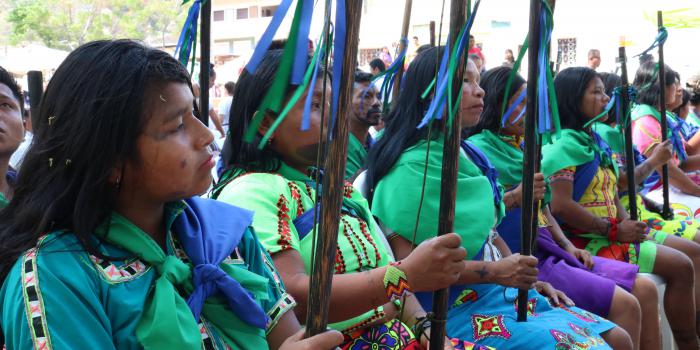
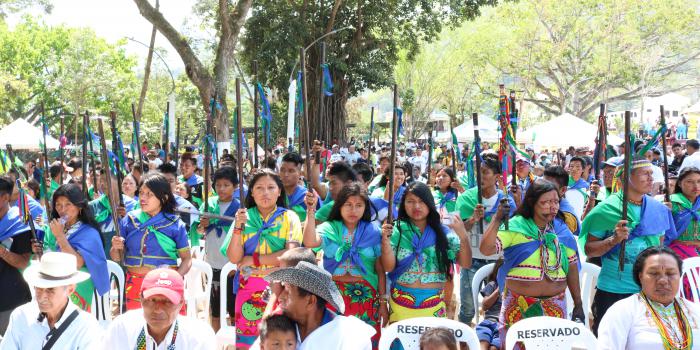
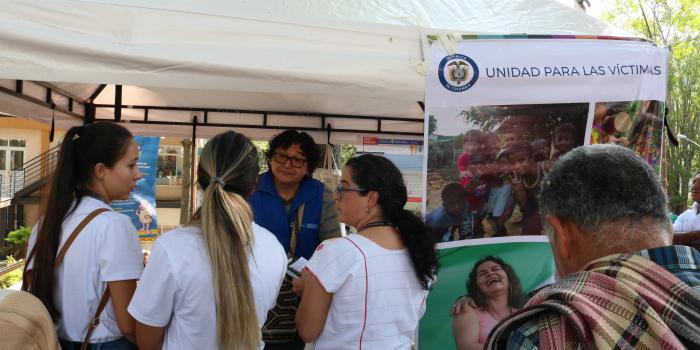
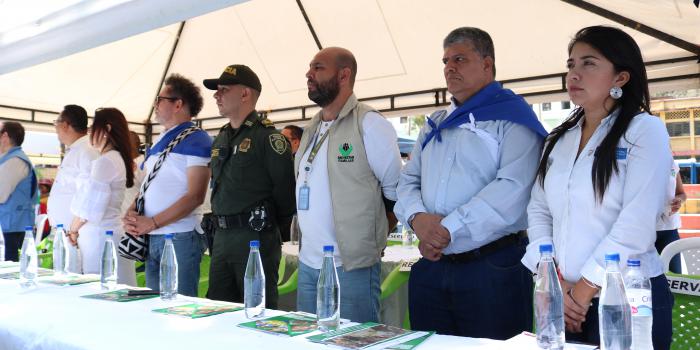
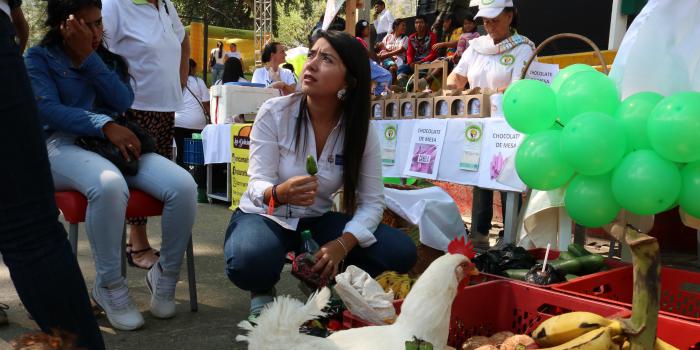
"Peace not only has to do with a signature, but with a feeling and value for the life that we give it," said Leonardo Domicó, indigenous leader in Dabeiba, a municipality in western Antioquia, during the act of forgiveness and Redress carried out this Saturday between members of their ethnic group and ex-combatants of FARC guerrillas.
For Domicó, it has not been easy, he is the victim of the murder of several of his relatives and has lived the war in his own flesh. In his Embera language he also said that "I speak from the pain because I have already forgiven them, that is the message that human beings must put into practice so that violence diminishes and peace prevails".
He also explained that "we are 11 legally constituted reserves and a population of around 8,000 indigenous people, who are participating in this process of forgiveness and reconciliation in which ex-FARC combatants, after a process of reincorporation into civilian life and that is an example for the whole world".
Lorena Mesa, deputy director of the Victims Unit, who participated in this act said that "Dabeiba has been a territory that had to suffer the impacts of violence in our country, for the national government the acts of forgiveness that are developing, are fundamental since they constitute actions for the reparation of victims and the guarantees of non-repetition”.
The official also added that "the Embera people are a strong people that have resisted, day by day, to maintain their culture and dignity, we come to learn from their uses and customs, from their medicine, how to heal individually and collectively".
At the end of his speech, he assured: "We are sure that this type of initiative enhances the construction of peace, enables the reconstruction of our country and allows us to heal the wounds of the past. Count on us to continue advancing on the path towards the consolidation of the peace and reconciliation”.
Aída Solano, coordinator of the Psychosocial Care Group of the Victims Unit, who also participated in this event, said that "part of the reparation process is based on symbolic acts, as one of the measures of satisfaction contemplated in the law, and only through forgiveness we will rebuild what fragmented the war, only through reconciliation we will be able to rebuild the social network and seek a better future for Colombian communities".
For his part, Pastor Alape, a member of Farc party and a former combatant in the armed conflict, said that “we are recognizing that the Embera Katío peoples have been victims and this ritual of forgiveness is an initiative to later find ourselves in spaces that have truth in all of us who have suffered the war”.
The event carried out in the main park of the municipality, was full of colors, traditional dances of Embera Katío community and a large service fair and peasant fair in which own and visitors could access orientation of individual services in the Compensation Banks family to access housing, recreation and education in Comfenalco Antioquia and Comfama; access to financing of productive projects through Banco Agrario and Banco de Bogotá, and Family Welfare.
The Victims Unit also had a place at the Services Fair with guidance on the route of individual reparation to the population victim of conflict in this municipality.
In Dabeiba, the Victims Unit advances in the comprehensive reparation of two subjects of collective reparation, one in La Balsita rural district and the other with an ethnic focus in the Choromandó reservation.
During the implementation of Law 1448 (Victims Law), the Unit has delivered 3,253 compensations amounting to 18,882 million pesos.
(End/SMC-DFM/LMY)






